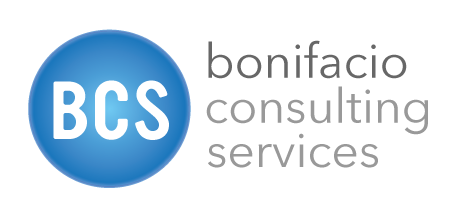

Massachusetts is one of the top five medtech hubs in the world in terms of manufacturing and innovation, according to Mark Bonifacio. As the owner of Bonifacio Consulting Services (BCS; Natick MA), a consultancy dedicated to medical manufacturing and outsourcing, and co-founder of Apec, a medtech contract manufacturer that was sold to Helix Medical, Bonifacio knows a bit about the industry. He may be slightly biased given his geographical base, but he’s not alone in touting the state’s medical device manufacturing credentials. In its recent countdown of medtech innovation hubs , sister publication MPMN placed the Boston/Cambridge area at the top, calling it “one of the most important areas on the planet for medical research.”
A confluence of factors have established and solidified the state’s standing as a medtech Mecca, but what is perhaps most instructive is the way in which the present and the future are an extension of the past. Here are five reasons why Massachusetts continues to set the mold for medical manufacturing.
1. Manufacturing clusters are in the state’s DNA
“Throughout its economic history, Massachusetts has experienced the emergence, growth to national leadership, and decline of regional concentrations of related firms and organizations known as clusters, wrote Michael Best in an article published in MassBenchmarks back in 2006. He cites textiles, shipbuilding, footwear, and microcomputers among the state’s historical industrial hubs to frame a conversation about the “emergence of a new cluster right before our eyes: the medical device sector.” Best is professor emeritus at the University of Massachusetts Lowell.
The medtech cluster in Massachusetts is second in the nation only to California, with more than 400 medical device firms calling the state home. These companies range from well-known multinationals such as Boston Scientific and Johnson & Johnson’s DePuy to a multitude of startups.
Massachusetts employed more than 24,000 people in the medtech sector in 2008, according to a study published by Deloitte in 2011. Taking into account a 3.4 multiplier effect, Deloitte estimates that industry has directly and indirectly created approximately 82,500 jobs. In fact, that number is probably greater, according to Thomas Sommer, President of MassMEDIC, an organization representing medical device manufacturers, suppliers and associated groups in Massachusetts and the surrounding region. “Battelle published a report in 2012, and it pegged the multiplier effect in Massachusetts at four jobs for every person employed in the medical device sector. That would put the total number at more than 100,000.”
As plastics play an increasingly central role in the development of medical technology, it helps that the plastics processing industry has a profound presence in the region. “The plastics manufacturing tradition started here in the Leominster/Wilmington area,” says John Witkowski, General Manager, Clinton Operations, Drug Delivery and Diagnostics, Nypro (Clinton, MA). “We have a manufacturing infrastructure that has evolved over more than a century, with a long tradition of moldmaking and molding expertise.” That combined with a legacy of precision engineering and instrument making applied to various sectors, has served the medtech cluster well. One example is the defense industry, which was “very important to the state economy
